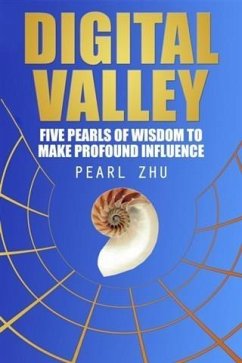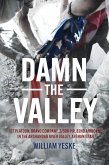Chapter 1 Creative wisdom: Creativity is a higher level of thinking which could leads to wisdom because it often imposes a higher cognitive load as you think 'harder' and consciously use different kinds of thought processes and thinking tools like association, perspective shifting, opposites etc., when you are wanting to come up with a creative solution to a challenge. A certain mental, psychological and conditional chemistry is needed to break-away from thoughts that others have thought about. So creativity appears to be beyond the conventional thinking - where you have left the confines of other people's thoughts. Creativity is context - dependent, so it could mean a type of contextual intelligence.
Chapter 2 Strategic wisdom: Strategic Thinking is the ability to think on a temporal plane. Strategic Thinking is about where you are, where you want to be, identify the gap and create the alternate approaches to anticipate and provide solutions. Strategic Thinking is more about making decisions directly towards achieving defined outcomes as a purposive activity, so it is the "keep the end in mind" thought process. It is the wisdom because the strategy is often the guide and roadmap to navigate us toward the right direction.
Chapter 3 System Wisdom: Systems Thinking is a way of understanding complexity. Systems Thinking by definition is a cognitive thinking process, a profound thinking process to embrace holism and nonlinearity. Systems Thinking is a type of synthetic thinking with a complex mix of several components, typically it includes: Dynamic Thinking (positioning your issue as part of a pattern of behavior that has developed over time); Scientific Thinking (using models to test hypotheses and discard falsehoods, not just to ascertain 'the truth'); Cause-effective Thinking (constructing a model to explain how the problem behavior arises); 'Forest' Thinking (seeing the 'big picture' and taking a more holistic view of that system); Analytical Thinking (analyzing how things actually work, the cause and effect relationships), and Quantitative' Thinking: (quantifying not just the hard data but also the soft variables that are operating in the system).
Chapter 4 Decision wisdom: The majority of leaders and professional spend a significant amount of time on making large or small decisions in the work and life. It takes wisdom (and often collective wisdom) to make effective decisions. There is fuzziness in the decision because there is fuzziness in conflicting criteria. At the digital era, making data-based decisions means to leverage analytical thinking , advanced analytic tools, the human's intuition, and add the "wisdom" in the decision process to improve the overall effectiveness of decision making.
Chapter 5 Culture wisdom: The definition of culture is "the mindsets, attitudes, feelings, values and behaviors that characterize and inform a group and its members." From business perspective, culture is the way how we think and do things around here, it is the collective mindset; with the trend of digitalization and globalization, culture wisdom is the type of intelligence for tolerance of ambiguity, a set of capabilities for cultural cognition, learning agility, handling complexity, communicating virtually, and working across cultures with flexibility. Therefore, culture intelligence becom
Dieser Download kann aus rechtlichen Gründen nur mit Rechnungsadresse in A, B, BG, CY, CZ, D, DK, EW, E, FIN, F, GR, HR, H, IRL, I, LT, L, LR, M, NL, PL, P, R, S, SLO, SK ausgeliefert werden.









